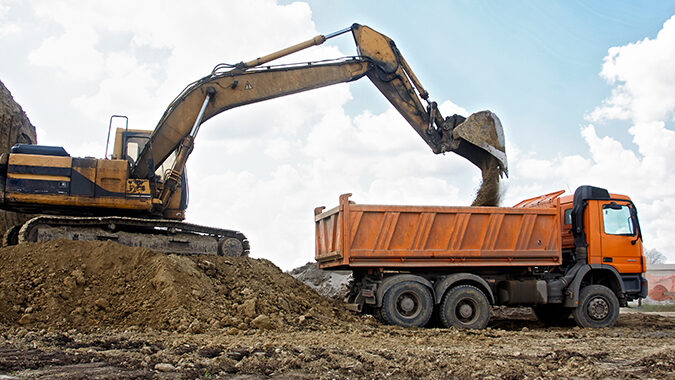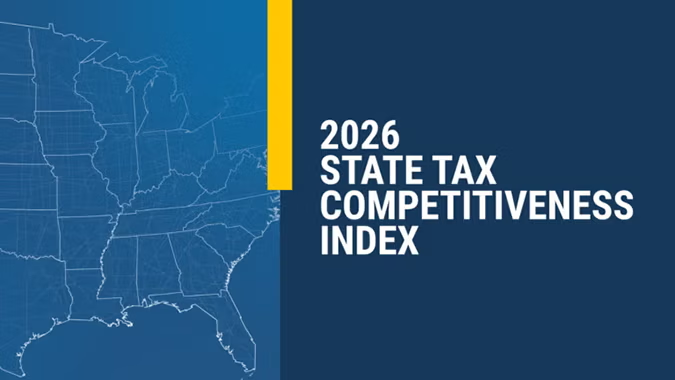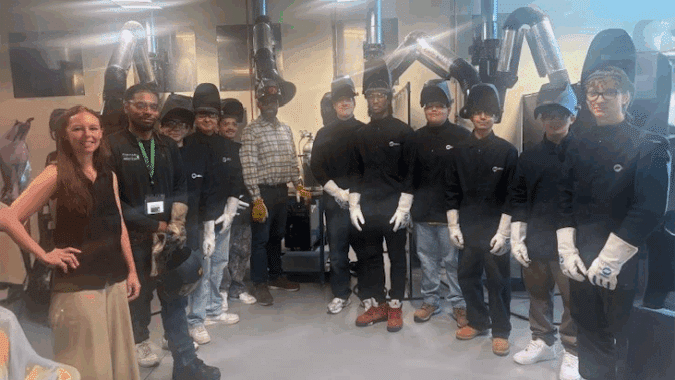The state Department of Environmental Protection this week gave soil and fill-recycling businesses an extension on the registration and licensing requirements mandated by New Jersey’s “Dirty Dirt Law,” a 2020 statute that aims to prevent illegal dumping of contaminated soil and debris at unpermitted sites.
The new deadline for both registering the business and applying for a soil and fill recycling license has now been extended until July 14, 2022, the DEP said in a compliance advisory issued this week. Prior to this latest extension, the deadline to register had been Oct. 14, 2021, and the deadline to apply for an A-901 license was April 14, 2022.
“The Department recognizes, however, that confusion within the regulated community regarding the Act’s applicability in specific circumstances may have resulted in certain businesses not registering by the aforementioned dates, and as a result, these businesses may be at risk of operating in violation of the Act," the DEP advisory stated.
“The Department also recognizes that the appropriate method to provide clarity and definitive interpretation of the applicability of the Act is through the promulgation of necessary regulations and has begun an extensive and in-depth stakeholder and rule development process,” DEP said.
In addition to providing extensions, the DEP said it has developed certification program for businesses that exclusively handle nonrestricted soil and fill recyclable materials, such as rock, soil, broken or crushed brick, block concrete glass and or clay and ceramic materials generated from land clearing, excavation, demolition or redevelopment activities. These businesses will not have to apply for an A-901 license if they complete this annual certification process, however, they must still register.
Additionally, DEP said that businesses such as landscapers, contractors, pool companies, plumbers, electricians, and home remodeling companies that handle low volumes of nonrestricted soil and fill recyclable materials, will not be required to register, certify or apply for an A-901 license. To be eligible for this exemption, these businesses must generate less that 15 cubic yards of nonrestricted soil and fill recyclable material daily; use a truck or trailer that has a loading capacity of less than 15 cubic yards; and have a storage yard with less than 100 cubic yards of non-restricted soil and fill recyclable materials.
DEP has created a Frequently Asked Questions (FAQ) sheet about its March 16 compliance advisory, which can be accessed here.




